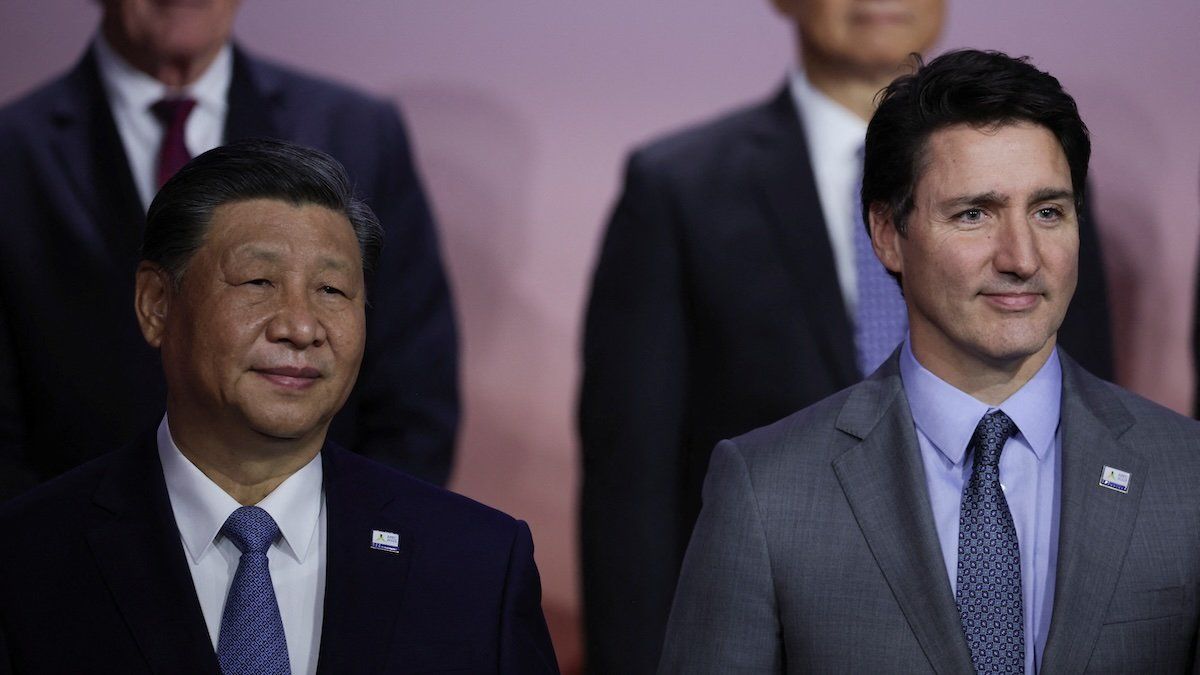Canadian trade officials are anxiously waiting to see how China reacts to Canada’s decision to impose 100% tariffs on Chinese-made electric vehicles. Prime Minister Justin Trudeau announced the measure during a cabinet retreat in Halifax on Monday. In a briefing in Beijing on Tuesday, a Chinese foreign affairs spokesman said Canada must “correct this wrong decision at once,” or China will respond.
Canada imported CA$2.2 billion worth of electric vehicles last year – mostly Teslas manufactured in China – up from less than $100 million in 2022. Tesla may be able to shift its manufacturing to avoid the tariffs, but Chinese EV manufacturers can’t get around the trade barriers so easily. BYD, one of the biggest brands, sold three million electric vehicles last year, overcoming Tesla as the world’s biggest EV manufacturer. The Chinese appear to be ready to outsell Western competitors, but only if they have access to markets.
Canada, which lacks America’s clout with China, faces greater possible difficulty with Chinese countermeasures but must keep its policy aligned with Washington’s to keep access to the crucial American market for Canadian auto and parts manufacturers. Both Canada and the United States have built an industrial strategy around subsidies for domestic EV manufacturing, but environmentalists point out that this will reduce emission reductions more slowly than just allowing for the import of cheaper Chinese vehicles.
However, the tariffs ought to allow North American manufacturers to compete, protecting jobs, which progressives hope will help maintain political support for reducing emissions.
